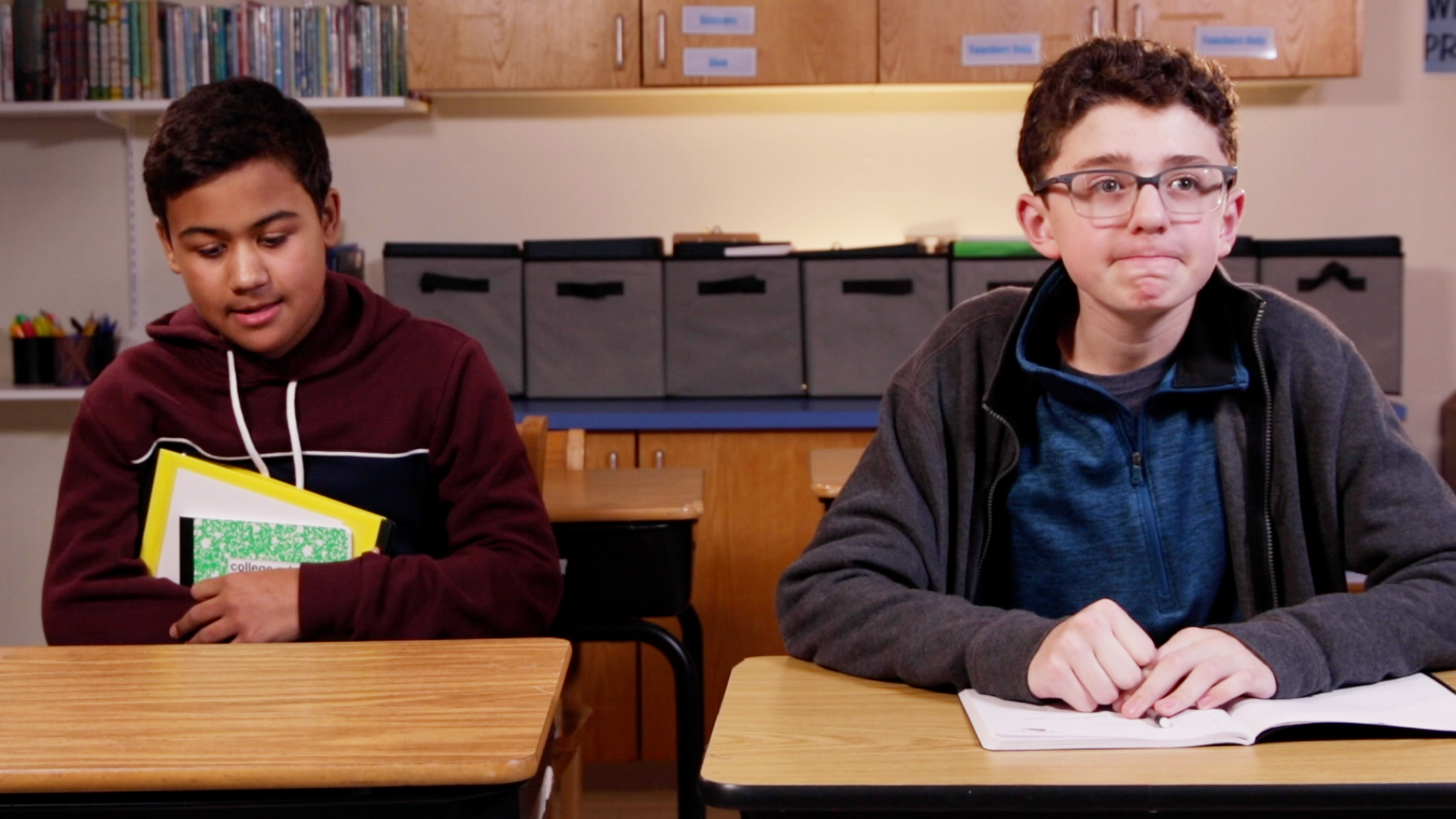Introduction
Small talk is a fundamental aspect of human interaction that plays a crucial role in building connections and fostering relationships. It involves brief, casual conversations on general topics that everyone can relate to, such as the weather or the weekend. While often overlooked, small talk is an essential skill for students to develop as it helps create a comfortable and friendly atmosphere, demonstrates interest in others, and can even lead to more meaningful conversations. This blog post will discuss the importance of small talk in social-emotional learning and provide a no-prep activity, discussion questions, and related skills to help educators teach this valuable skill to their students.
No-Prep Activity: The Two W’s
Here’s a simple, no-prep activity for teaching small talk using the Two W’s: the Weather and the Weekend. This activity requires no additional materials or preparation from the educator and can be easily incorporated into any classroom setting.
- Divide students into pairs.
- Ask each pair to engage in a two-minute conversation using the Two W’s as their conversation starters. For example, they can discuss the current weather, make predictions about the upcoming weekend, or share their plans or experiences from the past weekend.
- After two minutes, have students switch partners and repeat the activity. Encourage them to use different conversation starters with each new partner to practice various small talk phrases.
- Once all students have had the opportunity to practice with multiple partners, bring the class back together for a group discussion about the experience.
This activity not only helps students practice making small talk but also encourages them to listen actively and respond appropriately to their peers.
Discussion Questions
- Why is small talk important in building connections and fostering relationships?
- How does the use of small talk affect the atmosphere and overall mood of a conversation?
- What challenges might students face when trying to engage in small talk, and how can they overcome these challenges?
- What other topics might be suitable for small talk, besides the Two W’s?
- How can practicing small talk help students develop their social-emotional skills?
Related Skills
Beyond small talk, there are several other important skills that contribute to students’ social-emotional development. Some of these skills include:
- Active listening: Paying attention, making eye contact, and responding appropriately during a conversation.
- Empathy: Understanding and sharing the feelings of others.
- Conflict resolution: Addressing and resolving disagreements in a respectful and constructive manner.
- Self-awareness: Recognizing and understanding one’s own emotions, strengths, and weaknesses.
- Collaboration: Working effectively with others to achieve a common goal.
By teaching these skills in conjunction with small talk, educators can help students develop a strong foundation in social-emotional learning that will benefit them throughout their lives.
Next Steps
If you’re interested in exploring more activities and resources to help your students develop their small talk skills and other social-emotional competencies, sign up for free samples at Everyday Speech. With a wealth of engaging and practical materials at your fingertips, you’ll be well-equipped to support your students on their journey towards social-emotional growth.











